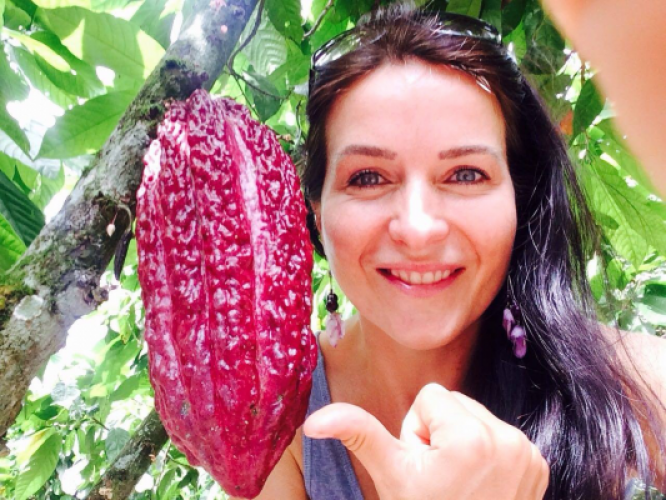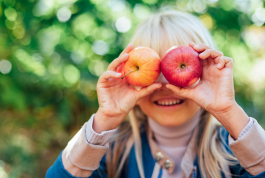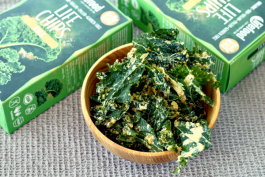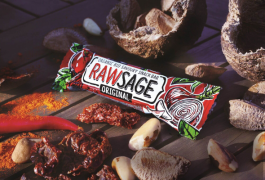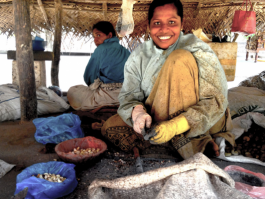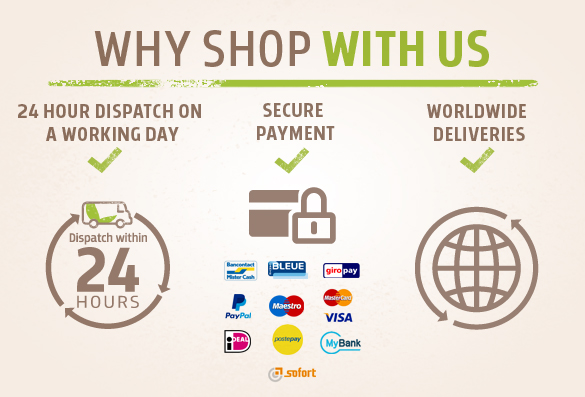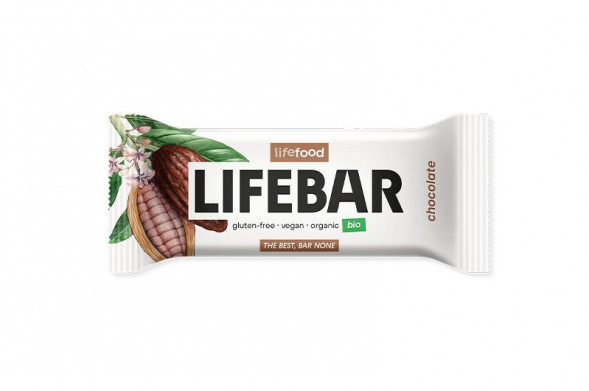What does a raw vegan diet mean to you personally? And how did you get to it?
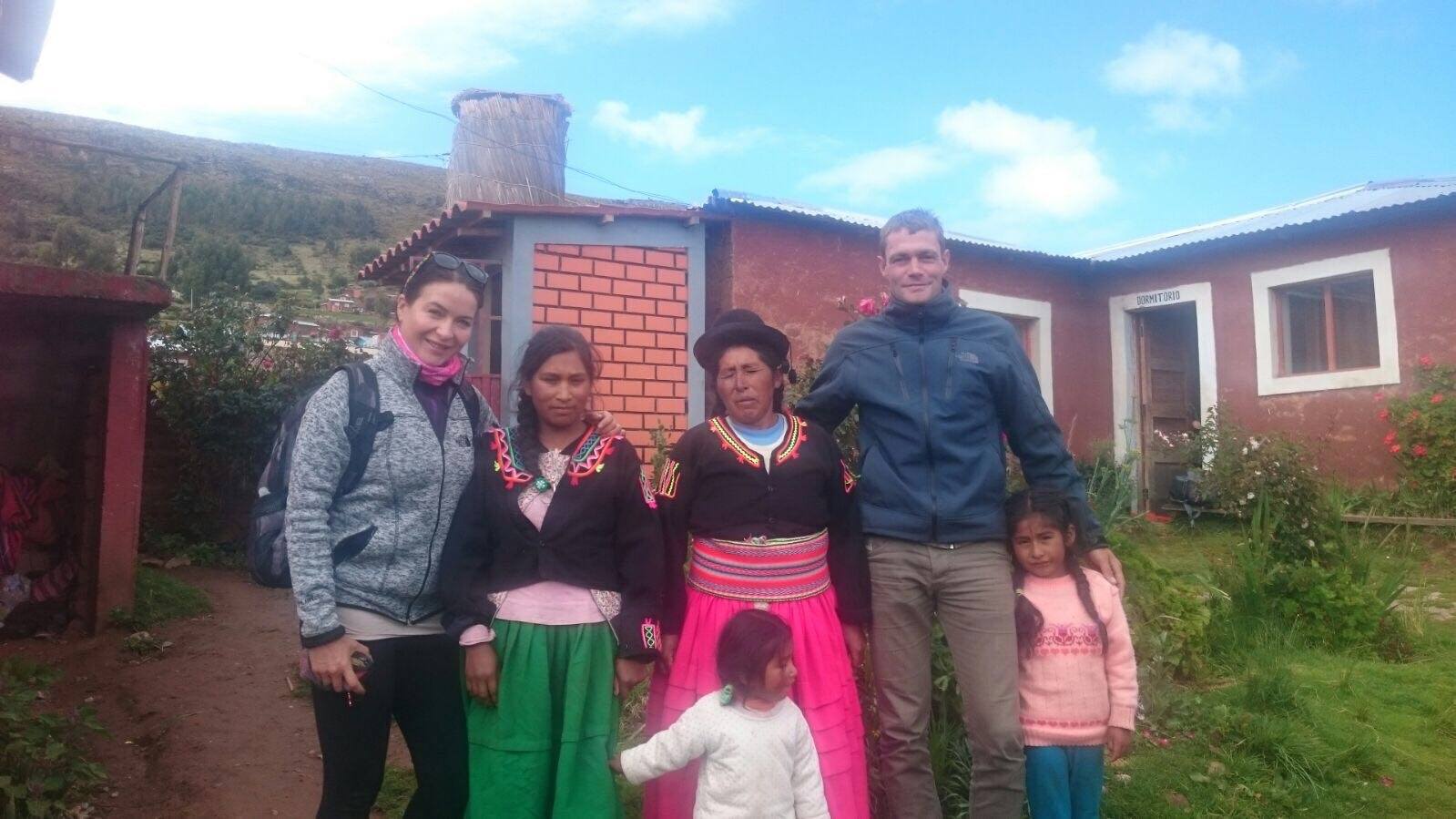 Being raw vegan is more than just a way of eating. Raw opens new horizons to you. You start thinking differently about life, your body, health, nature and animals, relationships and society.
Being raw vegan is more than just a way of eating. Raw opens new horizons to you. You start thinking differently about life, your body, health, nature and animals, relationships and society.
You also start feeling and perceiving differently. Through this kind of food you get access to a whole world of energies and spirituality, but most importantly access to totally different levels of health and immunity, and enjoyment of life in the most natural way possible.
The way I got to it was very straight forward: 14 years ago, I got to read one book from D. Wolfe, and right after finishing it I became a raw foodie overnight. Naturally, that was not the end of the story, it was just the beginning of a long journey into searching for the best way of eating raw food that would fit my life.
In 2006 you founded Lifefood, which is now one of the leading raw food producers in Europe. How was this journey? What does Lifefood mean to you personally?
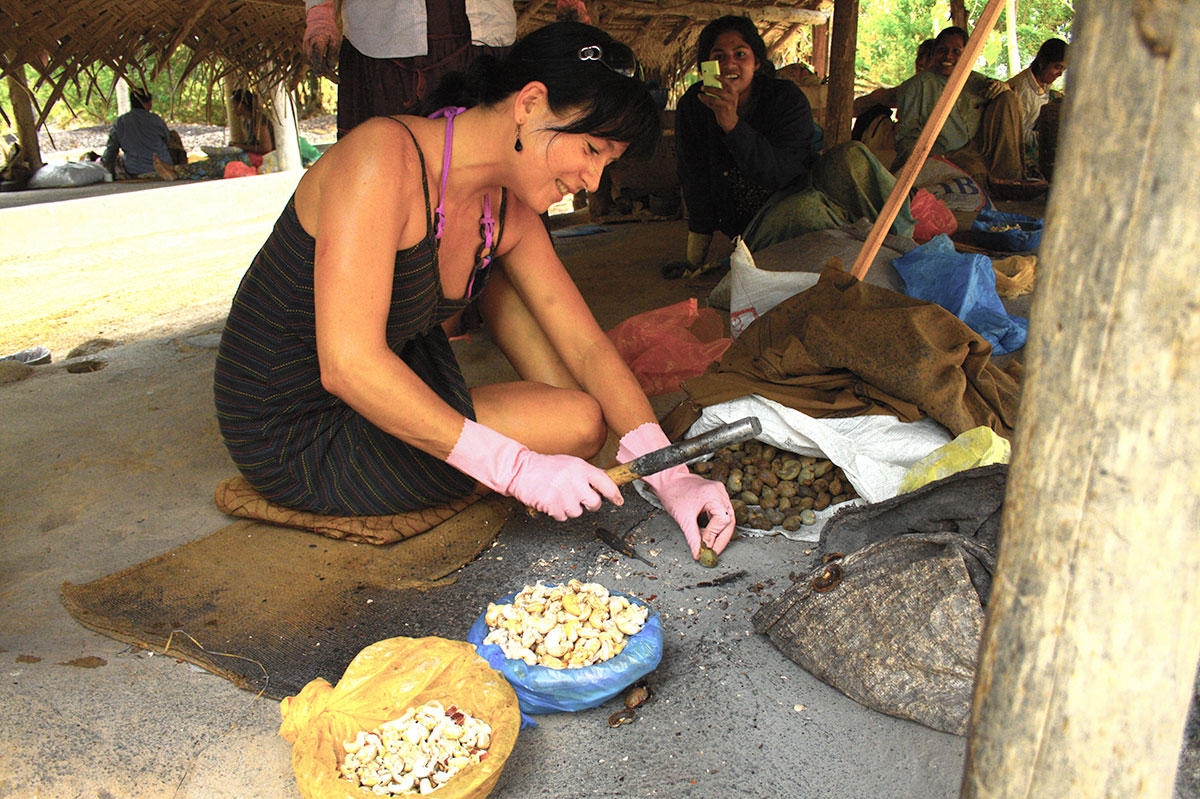 Well, it was a rollercoaster journey. It was super difficult for the first 3-4 years, when almost nobody knew about the raw food concept in Europe, and we were literally pioneering it. We had to constantly explain the idea as to why people may want to eat raw food. At the same time, we had no financial background to support such a mission, so that was tough. Later on it took off.
Well, it was a rollercoaster journey. It was super difficult for the first 3-4 years, when almost nobody knew about the raw food concept in Europe, and we were literally pioneering it. We had to constantly explain the idea as to why people may want to eat raw food. At the same time, we had no financial background to support such a mission, so that was tough. Later on it took off.
Around 2011 people started to come to us because they were searching for raw food products, and that was a big shift for the business. We grew into a big company. Recently, I must admit that I find it rather tough again, since there is now huge competition amongst raw food products and new brands are growing like mushrooms.
Unfortunately, it is rather unfair competition, as the majority of products are not raw at all. The products are called raw, but in fact, they are not made from raw ingredients.
The whole idea of raw is to eat clean natural food that is full of nutrients offering the best nourishment for your body. But you don't get much nourishment from non-raw ingredients, and the word “raw” becomes simply a marketing trigger. With Lifefood, however, we stand for our Really Raw quality. We use only truly raw ingredients that are naturally much more expensive, and that is what makes it tough for us - to hold our position amongst cheaper competitors. For me, Lifefood is more like a mission to promote vibrant health and conscious life through honest products that taste great and enrich your life.
How many products does Lifefood produce today and which are the best sellers?
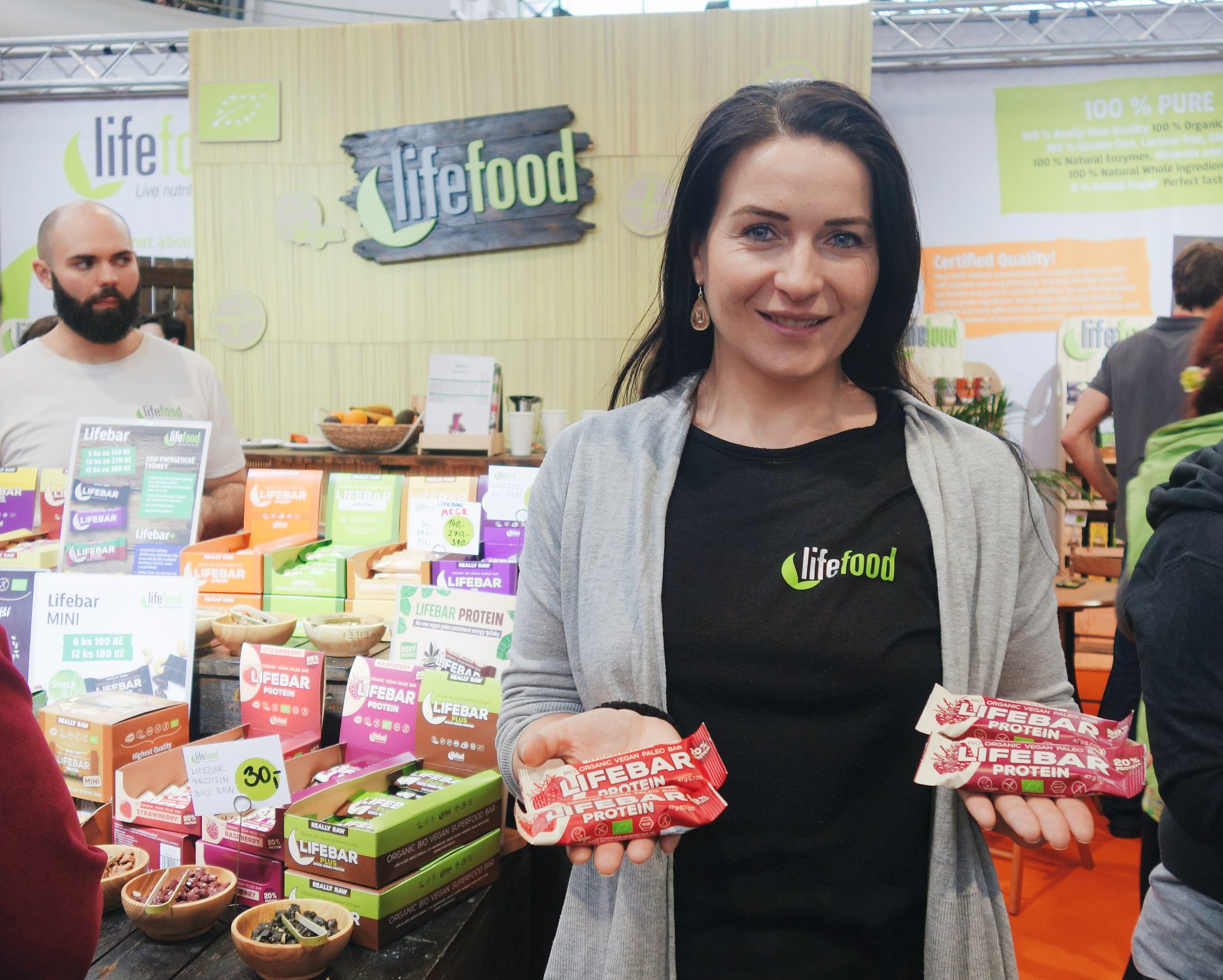 We manufacture ourselves more than 90 products and we also sell many ingredients in the same top raw food quality. Looking at our best sellers, the Lifebars (energy bars) are our flag ship products. We offer 20 flavours, all of which are very popular and easy to understand across our various markets. Moreover, we have been testing the flavours and textures to gain the best possible result for more than 11 years.
We manufacture ourselves more than 90 products and we also sell many ingredients in the same top raw food quality. Looking at our best sellers, the Lifebars (energy bars) are our flag ship products. We offer 20 flavours, all of which are very popular and easy to understand across our various markets. Moreover, we have been testing the flavours and textures to gain the best possible result for more than 11 years.
These energy bars come from our know-how, our long-term experience and proven technology. However only making energy bars would be sad and boring. What makes Lifefood the leader of the market is the wide assortment we have developed, from cookies, crackers, breads, chips, savoury snacks to chocolates, confectionery, protein powders and superfoods. We have even come up with the first ever raw vegan sausage!
What is your favourite Lifefood product?
My favourite products of all time are Lifebar Chocolate, Chocolate-Cashew Cookies and Chia-Hemp Crackers.
Could you define what makes your products unique and special?
First of all, it is the quality and the taste. As I said, quality without compromise is our main claim focusing on Really Raw quality. That is unique, since the raw food market is full of “raw” products that contain heated ingredients with a very low nutritional content.
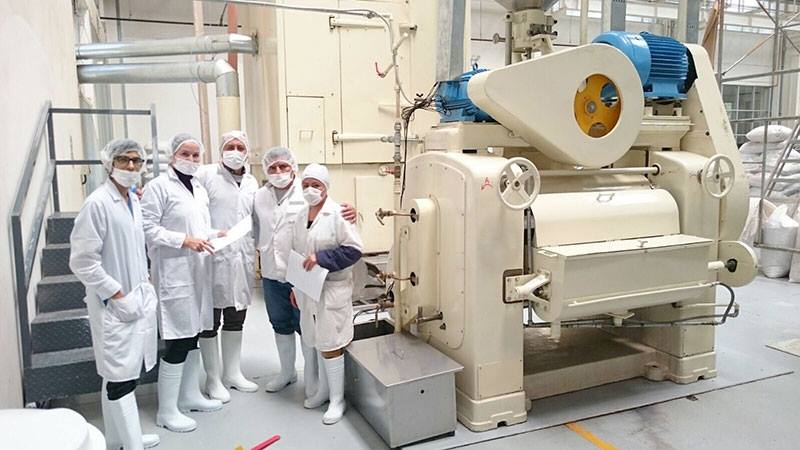 We are on a mission, and our goal is to only make products that can be claimed to have high nutritional content, thanks to the pure and unprocessed ingredients.
We are on a mission, and our goal is to only make products that can be claimed to have high nutritional content, thanks to the pure and unprocessed ingredients.
We also stand for certain values, such as environmental protection, ethical approach, ecological agriculture and honest and genuine relationships with our customers. We hope that through our products we can contribute to spreading such values within society and help with its transformation.
Speaking of ethics and ecology, how does Lifefood make it happen in reality?
We keep direct contacts with most of our suppliers from 3rd world countries and try to avoid big traders who generally push for low prices to squeeze their margin in between. We make honest products and don't lie to our customers. We do not use any manipulative marketing techniques. We are switching to compostable packaging, and we do not use packaging that look “ecofriendly” when in reality, they are not recyclable.
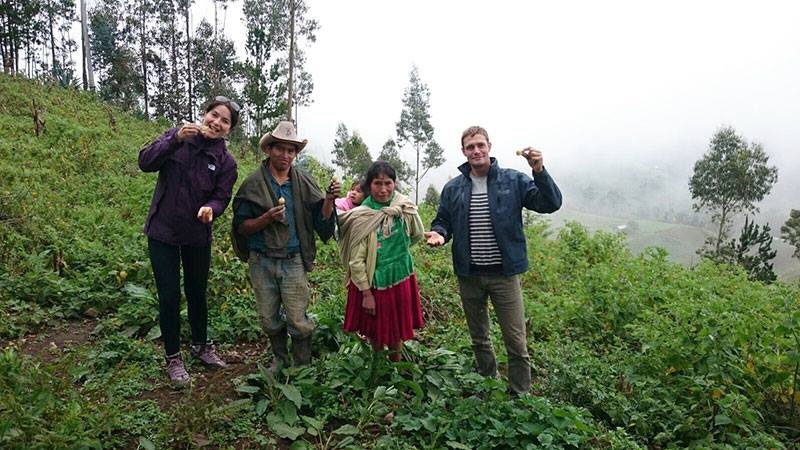 We have a composting machine to process our organic waste. We try to recycle and reuse as much as possible. We apply freedom principles in our company, to keep our employees happy and motivated. We have no WiFi in our offices, and people are encouraged to eat their lunch outside under the trees whether permitting of course…
We have a composting machine to process our organic waste. We try to recycle and reuse as much as possible. We apply freedom principles in our company, to keep our employees happy and motivated. We have no WiFi in our offices, and people are encouraged to eat their lunch outside under the trees whether permitting of course…
Nowadays, there are many raw vegan products that can be found in supermarkets. What do you think about those?
This is naturally driven by demand from consumers for healthier products. However, it is important to understand that these big companies are not always here to make the world a better place; they are looking to make a certain level of profit.
Therefore, most of the products sold in supermarkets, are just the ones that look “natural”, or that look sort of healthy - but in reality, they are somewhere “half way”. Supermarkets need to keep the prices low, and satisfy a demand. For them the best quality is not essential. So this applies to raw products. They are available to satisfy the demand making consumers believe that they are choosing healthy products.
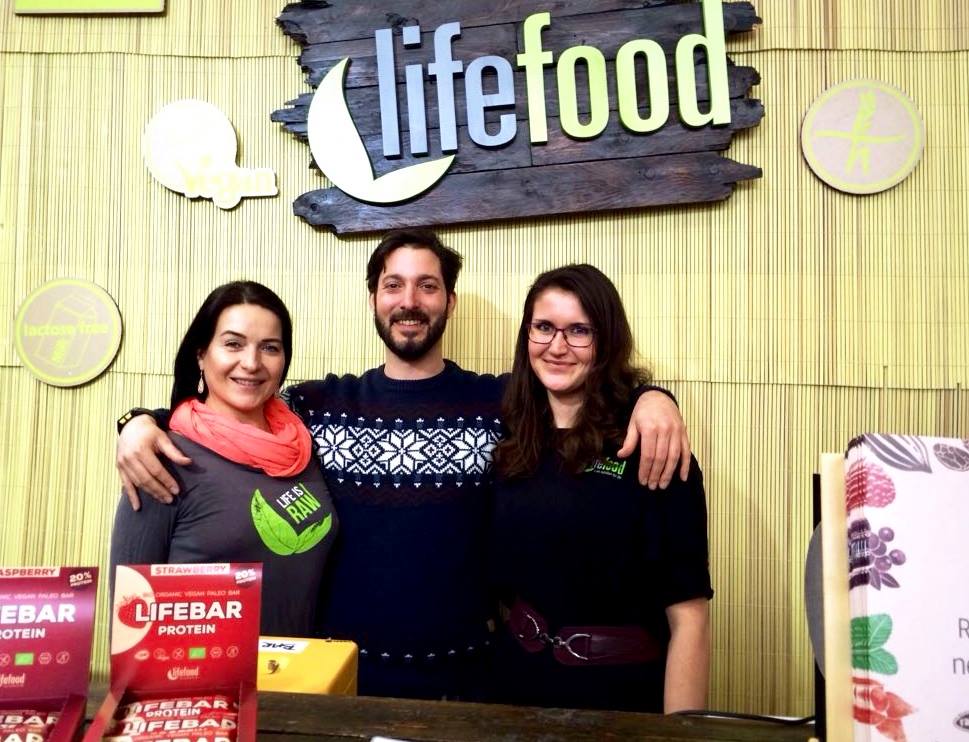 So how should a regular consumer navigate amongst all these “raw” products in the shops, and how can he or she spot whether a product is of quality?
So how should a regular consumer navigate amongst all these “raw” products in the shops, and how can he or she spot whether a product is of quality?
That is super complicated, especially now, when no regulation for the term “raw” actually exists and it is being used in the wrong way. Hopefully, there will be such a certification soon. I would say that the best thing to do is probably to follow the brands, ask them questions, get closer, make sure that the brand manufacturer is committed to the real raw food quality with their ingredients and that they are serious about it.
Then just stick to buying products from these brands. Some people say that they are not eating 100% raw, so it’s ok, if a product is not raw. It is true that you do not have to eat 100% raw to be happy and healthy, but if you buy a “raw” product that is made from non-raw ingredients, just realize that you are paying for a lie, for “empty” calories. (NOTE: “empty calories” is a term used for “junk” food snacks. It means that you get a lot of calories, especially from fat and sugars, without valuable nutrients such as vitamins, minerals and enzymes.
What is your latest innovation?
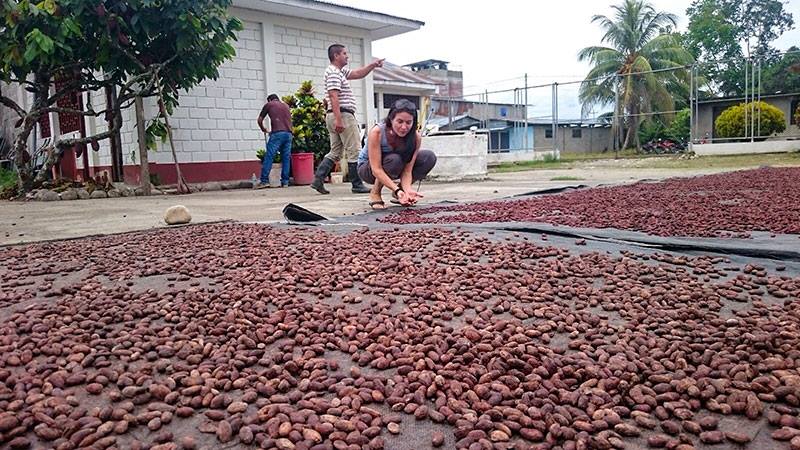 We are delighted to introduce a new product line called Life Breakfast. Super nutritious, tasty, ready-to-eat protein granolas – simply add water to get a raw food meal ready in seconds.
We are delighted to introduce a new product line called Life Breakfast. Super nutritious, tasty, ready-to-eat protein granolas – simply add water to get a raw food meal ready in seconds.
And a personal question before we end this interview: what are three things that you could not live without?
Fruit, sports and nature. These are the most vital things that I just cannot imagine being without in my life.
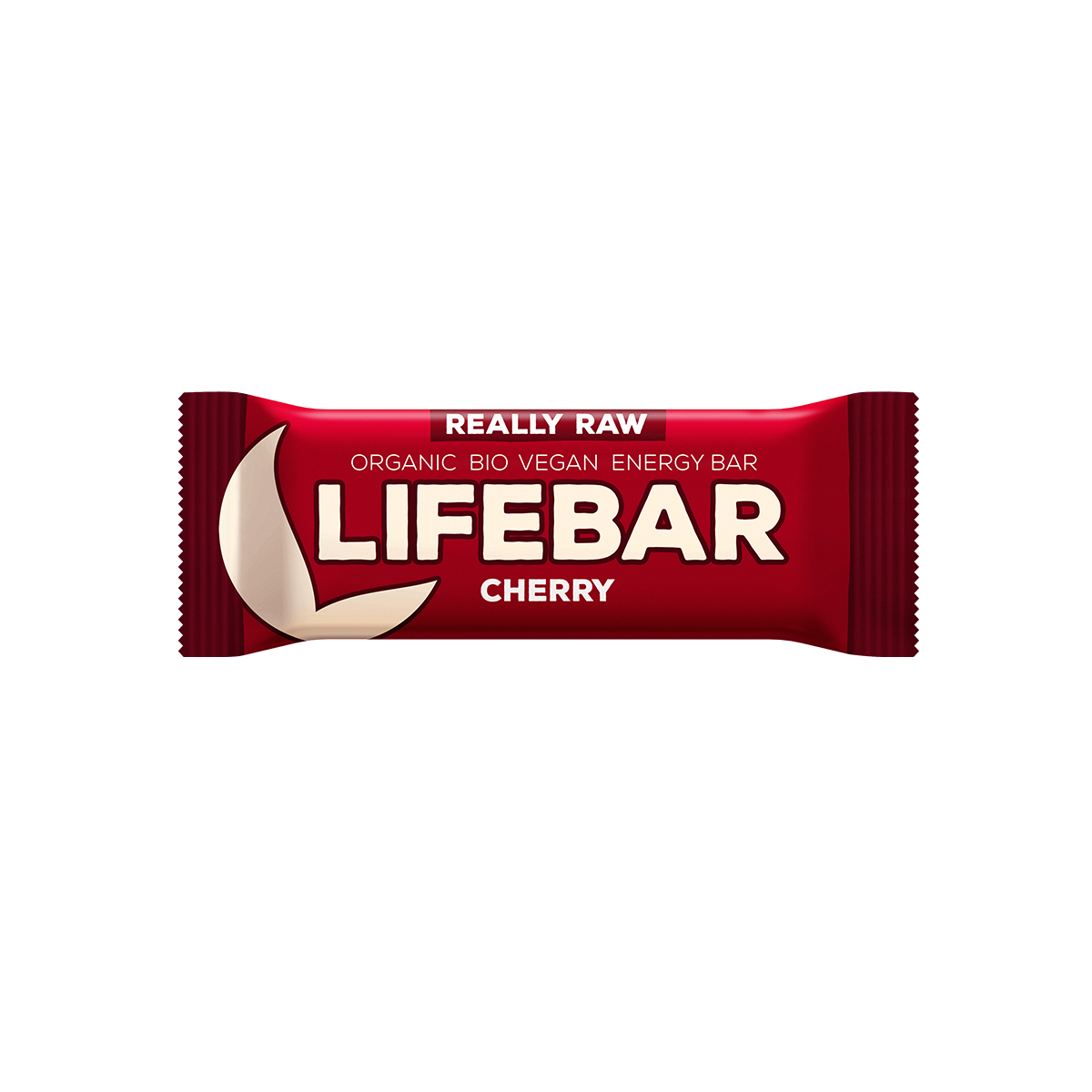 |
E-SHOP ORGANIC RAW LIFEBARS |
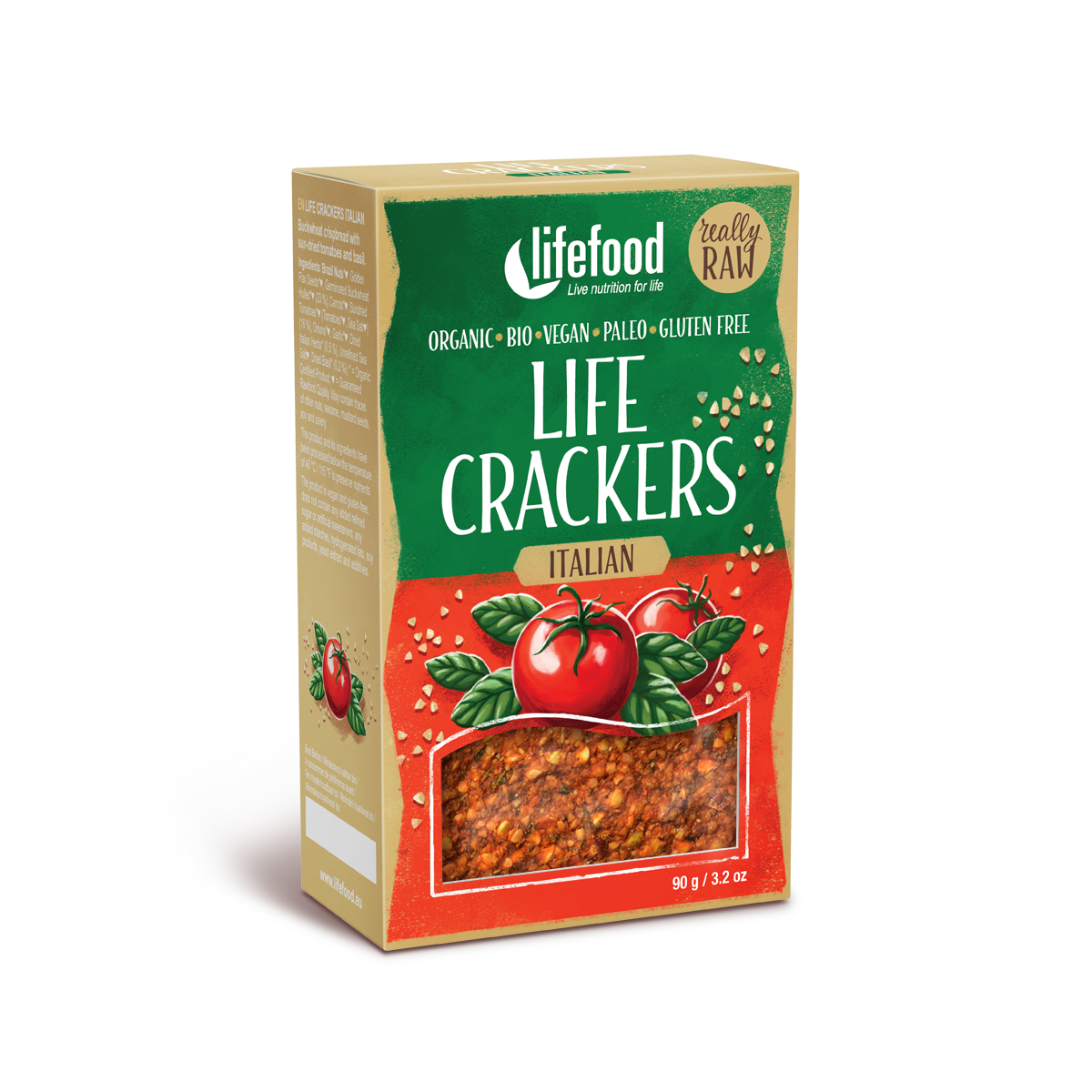 |
E-SHOP ORGANIC RAW CRACKERS |

